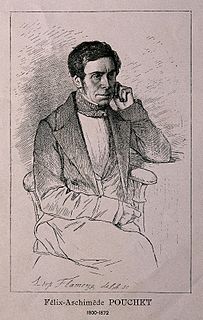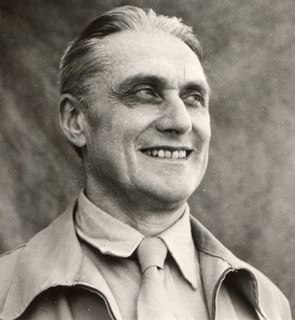A Quote by John Kenneth Galbraith
Total physical and mental inertia are highly agreeable, much more so than we allow ourselves to imagine. A beach not only permits such inertia but enforces it, thus neatly eliminating all problems of guilt. It is now the only place in our overly active world that does.
Related Quotes
There are more stars known to exist right now than the total number of all the grains of sand on every beach in the entire world. With those kinds of odds, it would seem downright naive for someone to go to a beach in, say, some out-of-the-way inlet in Baffin Bay, stoop to pick up only one tiny grain of sand, and declare that that grain alone was the only place where life could exist.
It is only a short step from exaggerating what we can find in the world to exaggerating our power to remake the world. Expecting more novelty than there is, more greatness than there is, and more strangeness than there is, we imagine ourselves masters of a plastic universe. But a world we can shape to our will is a shapeless world.
If a psychological Maxwell devises a general theory of mind, he may make it possible for a psychological Einstein to follow with a theory that the mental and the physical are really the same. But this could happen only at the end of a process which began with the recognition that the mental is something completely different from the physical world as we have come to know it through a certain highly successful form of detached objective understanding. Only if the uniqueness of the mental is recognized will concepts and theories be devised especially for the purpose of understanding it.
Holmes had cultivated the ability to still the noise of the mind, by smoking his pipe and playing nontunes on the violin. He once compared this mental state with the sort of passive seeing that enables the eye, in a dim light or at a great distance, to grasp details with greater clarity by focusing slightly to one side of the object of interest. When active, strained vision only obscures and frustrates, looking away often permits the eyes to see and interpret the shapes of what it sees. Thus does inattention allow the mind to register the still, small whisper of the daughter of the voice.
I have learned to prize holy ignorance more highly than religious certainty and to seek companions who have arrived at the same place. We are a motley crew, distinguished not only by our inability to explain ourselves to those who are more certain of their beliefs than we are but in many cases by our distance from the centers of our faith communities as well.
It is so much easier to rest contented with what we have already acquired than to change ever so slightly those routine but profound habits of thought and feeling which govern our life, and by which we live so blissfully. This mental inertia is, perhaps, our greatest enemy. Insidiously it leads us to assume that we can renew our lives without renewing our habits.
Healing ourselves on the spiritual level involves developing a strong connection with our soul. We heal ourselves on the mental level as we become aware of our core beliefs, release those that limit us, and open to more supportive ideas and greater understanding. Emotional healing takes place as we learn to accept and experience the full range of our feelings. And we heal ourselves on the physical level when we learn to honor and care for our bodies, and for the physical world around us.





































